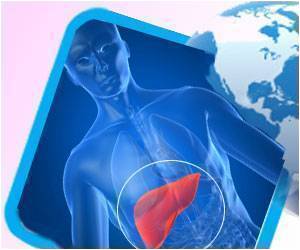Polymorphisms in the gene coding for interleukin-28 influence natural hepatitis C viral clearance and response to pegylated interferon.

Researchers from the Health Institute Carlos III, Spain, incorporated 67 studies that investigated IL28B polymorphisms with the suppression of viral activity to undetectable levels (sustained virologic response - SVR), and ten that looked at IL28B polymorphisms and spontaneous clearance, into a metanalysis. Approximately 23,500 people were included overall.
The results of this analysis showed that IL28B polymorphisms influence how well IFN treatment works and natural clearance of HCV infection. Having a favourable genotype at any one of seven IL28B polymorphisms equated to more than double the probability of achieving SVR. The study also found that two SNP were associated with spontaneous clearance. Detailed analysis showed that the effect of ethnicity and viral type also influenced the strength of individual association. Consequently the association between favourable variants and SVR for HCV types 2 and 3 was three times lower than types 1 and 4.
María Ángeles Jiménez-Sousa, Amanda Fernández-Rodríguez and Salvador Resino who led this study explained, "Treatment with (PEG-IFN/RBV) is costly and can have side effects which prevent patient compliance. Consequently knowing a patient's IL-28B status will help target interferon treatment to those who will benefit most, and play a substantial role in the selection of candidates for standard treatment versus triple therapy with direct-acting antivirals (DAA). Also, because IL28B genotyping needs be performed only once in a patient's life, it is relatively cheap."
Source-Eurekalert















